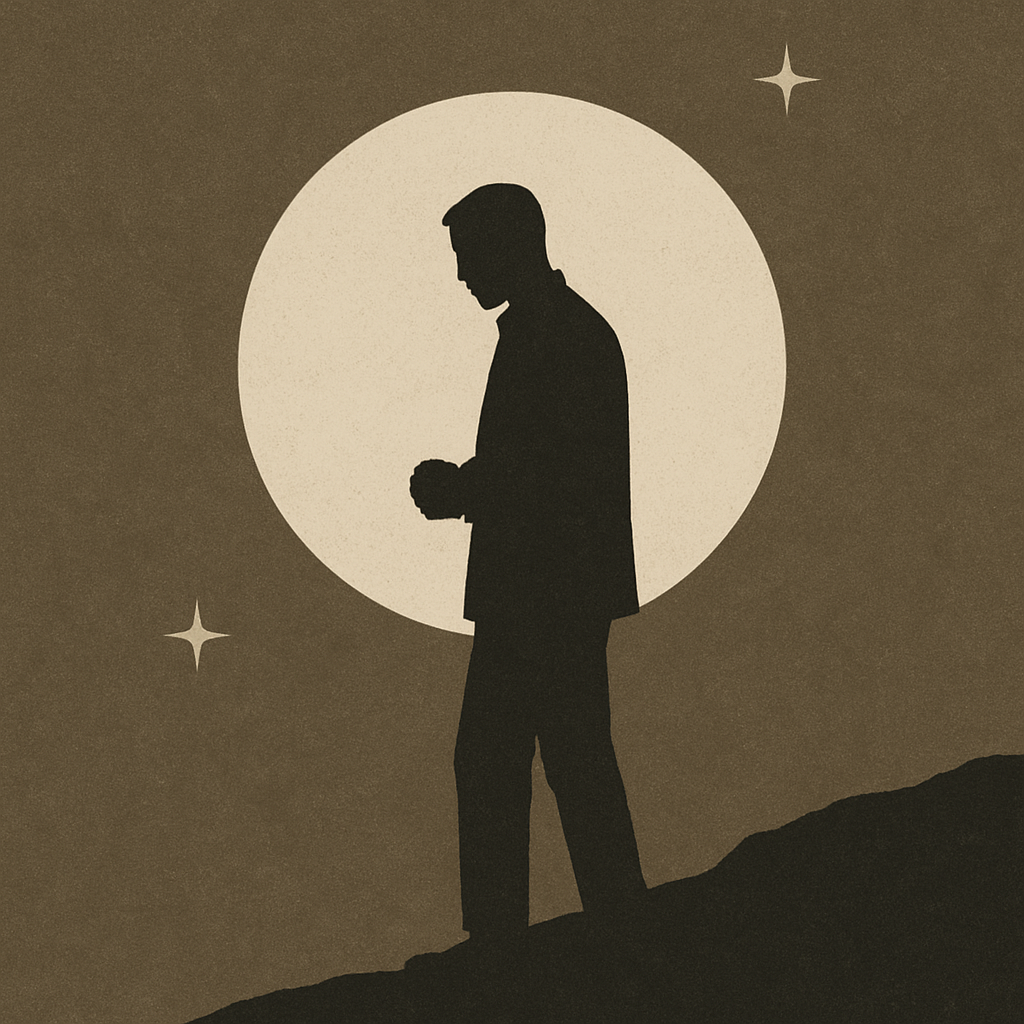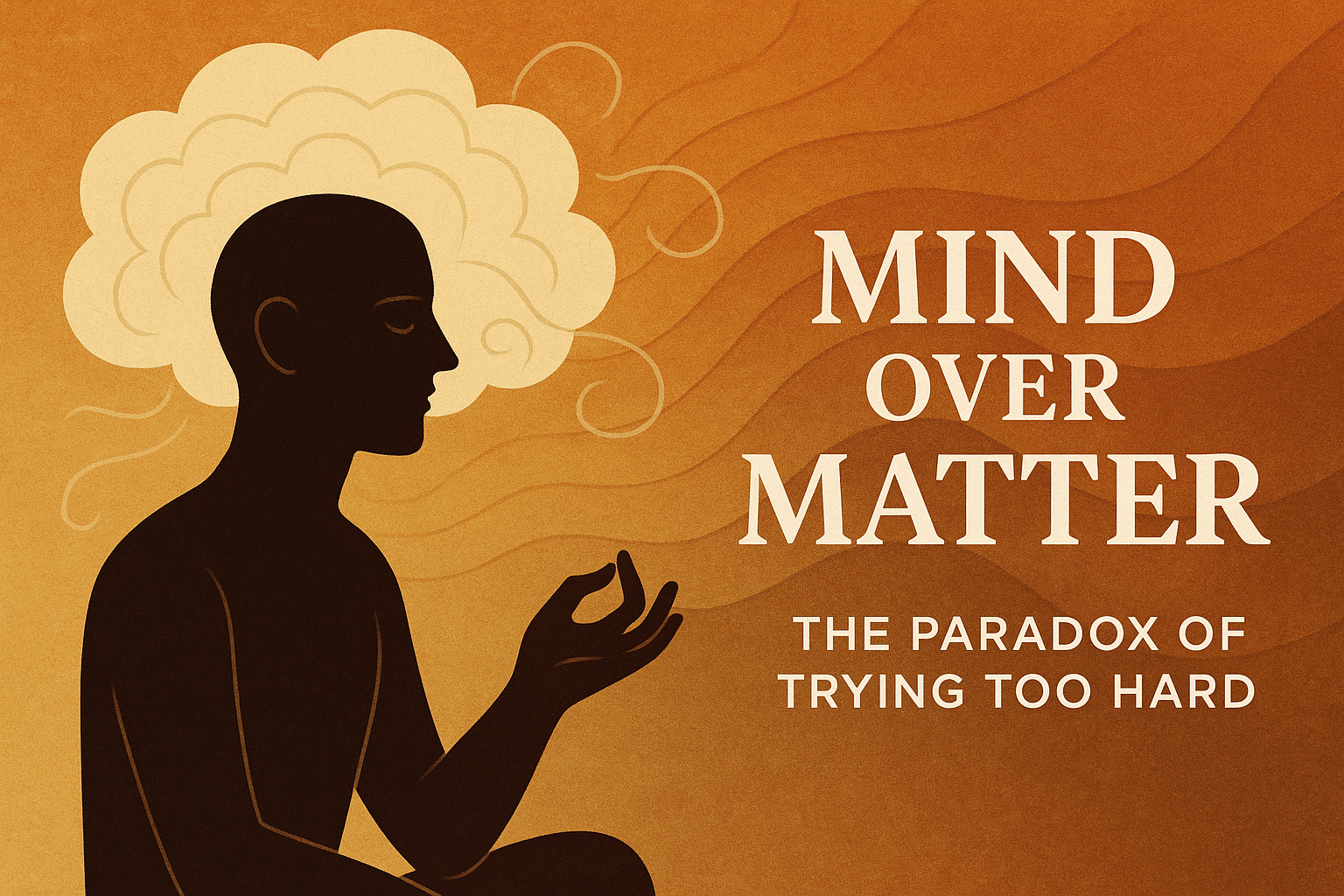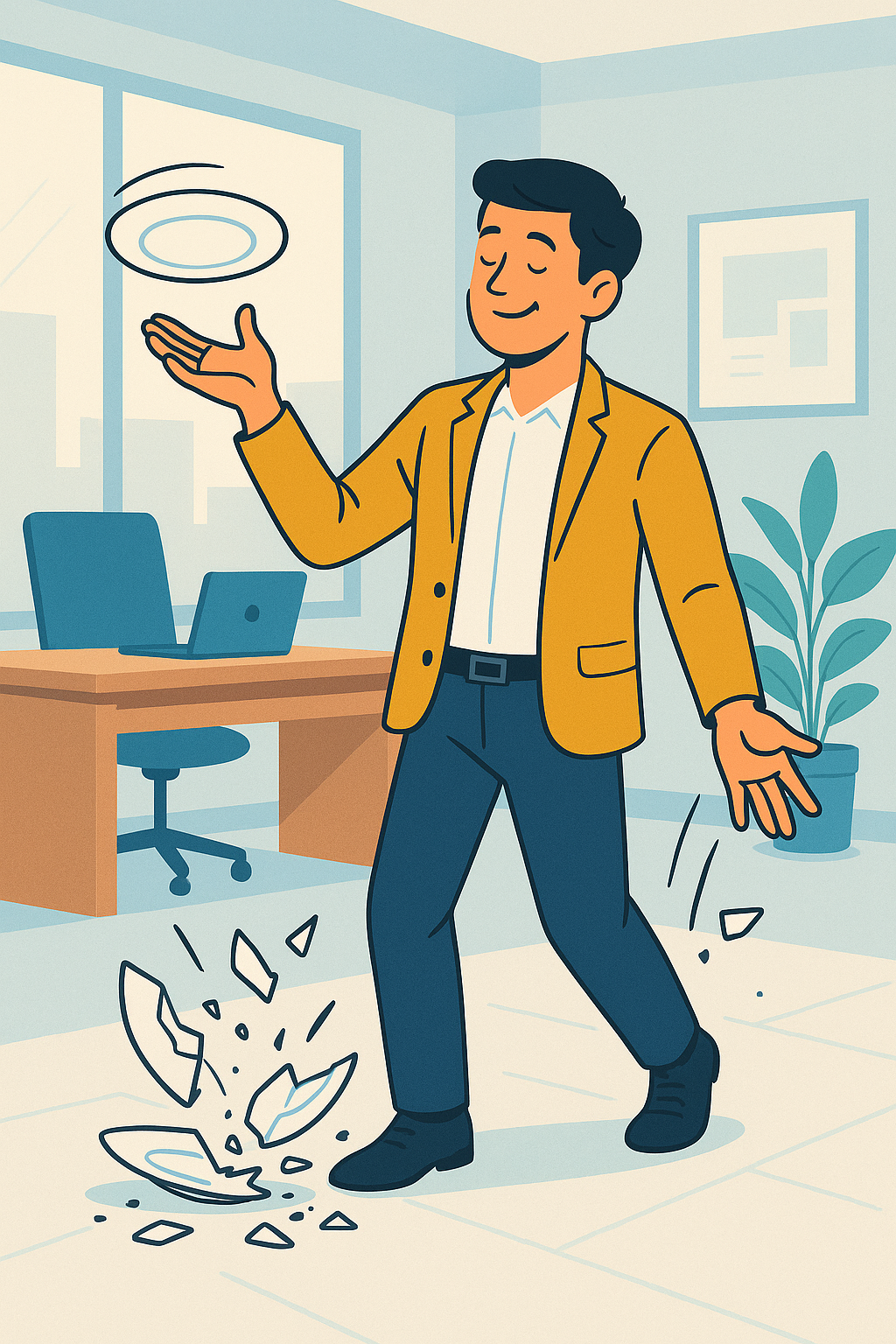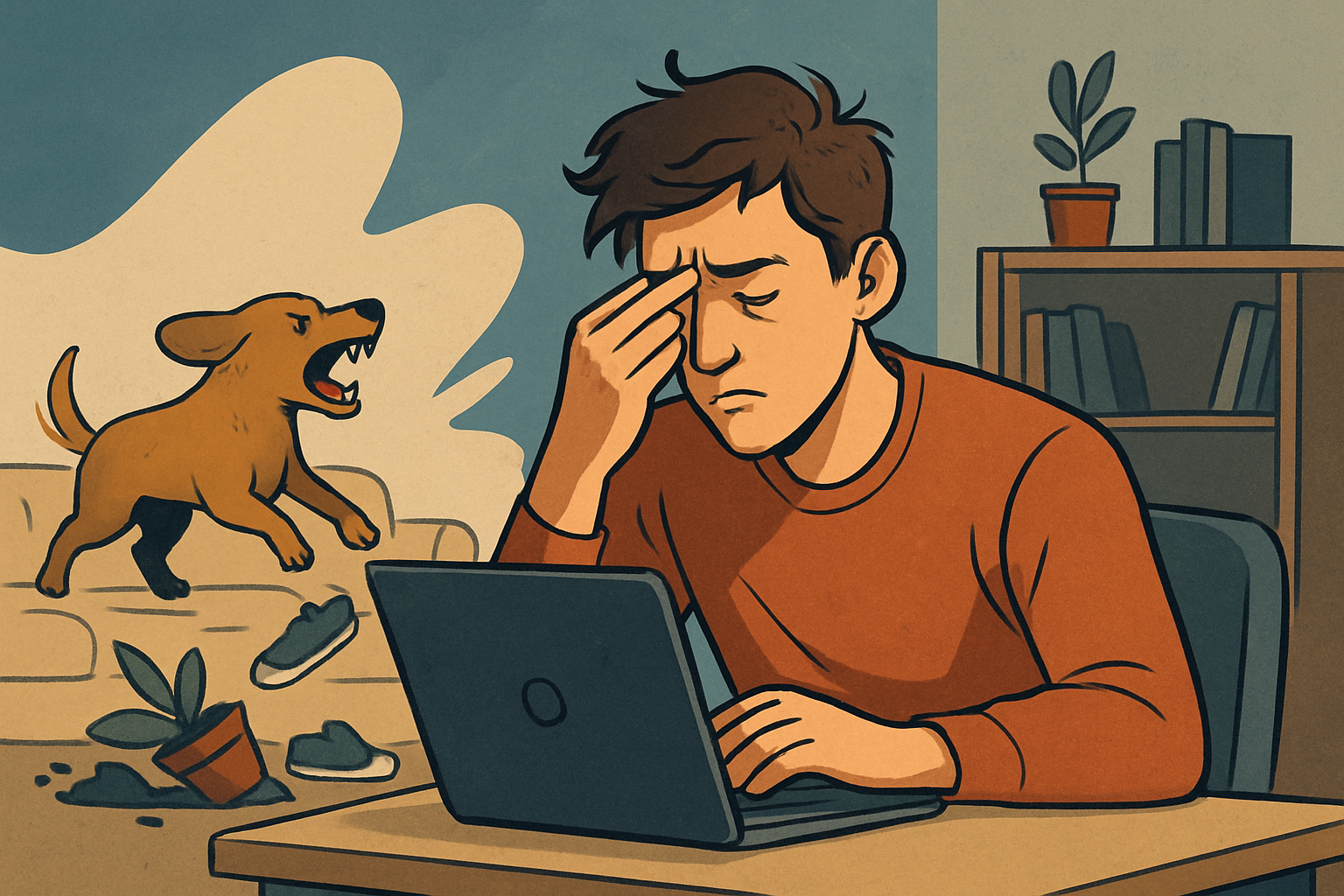Pain as a Powerful Motivator for Change
Transforming Discomfort into Drive

When we think about motivation, we often picture positive visions—goals, dreams, and rewards that pull us forward. But sometimes, the most powerful motivator isn’t pleasure or excitement; it’s pain. Pain has a unique way of inspiring action. When discomfort becomes too great to ignore, it pushes us to make changes we might otherwise avoid. Though it’s a challenging force, pain can be one of the most effective catalysts for growth and transformation.
Pain Pushes Us Out of Comfort Zones
Comfort zones are, by definition, safe and familiar. They’re where we feel secure, but they’re also places where we often avoid change. Pain has a way of breaking down these comfort zones and urging us to confront areas of our lives that need improvement. Whether it’s physical pain, emotional distress, or mental discomfort, pain disrupts the inertia that can keep us stagnant.
Think of the discomfort that comes from staying in an unfulfilling job. At first, it may be bearable, but over time, the frustration grows. Eventually, the pain of staying becomes greater than the discomfort of change, motivating us to pursue a new path. Pain acts as a signal that our current circumstances are no longer serving us, and it pushes us to explore new options.
Pain Creates Urgency
When pain is present, it demands our attention. It has a way of eliminating procrastination, making us realize that we can’t afford to wait any longer. Pain removes the luxury of postponing decisions or avoiding challenges. This sense of urgency can be incredibly powerful, driving us to take action that we may have delayed otherwise.
For example, experiencing a health scare can quickly change someone’s lifestyle. The urgency created by pain or discomfort often leads to an immediate shift in behavior, whether it’s eating healthier, exercising, or reducing stress. Pain fast-tracks our motivation to make choices that benefit our well-being.
Pain Highlights What Matters Most
Pain strips away the distractions and superficial goals that can often cloud our vision. When we’re in pain, we become acutely aware of what truly matters. It brings clarity, forcing us to prioritize what’s most important in life, whether that’s health, relationships, or personal growth.
Experiencing a painful breakup, for instance, can reveal the importance of self-respect, boundaries, and emotional well-being. It clarifies what we value in relationships and pushes us to seek connections that align with our needs. Pain acts as a mirror, reflecting our true priorities and helping us focus on what brings us long-term fulfillment.
Pain Builds Resilience and Strength
Going through pain is difficult, but it also builds resilience. Each time we confront discomfort and work through it, we grow stronger and more capable. This resilience makes us better equipped to handle future challenges. Pain teaches us that we can endure and adapt, which, in turn, gives us confidence to take on new obstacles.
When we look back on moments of pain, we often find that they were the times of greatest growth. The strength we gain from enduring pain becomes a motivator itself, reminding us that we’re capable of handling whatever life throws our way. This resilience becomes a driving force, encouraging us to pursue goals and make changes with a sense of courage.
Pain Inspires Self-Reflection
Pain has a way of forcing us to examine our lives in a way that comfort rarely does. It prompts us to ask difficult questions and explore the root causes of our discomfort. Why am I feeling this way? What’s contributing to this pain? What changes can I make to avoid it in the future?
Self-reflection is often the starting point for growth. Pain acts as a wake-up call, inviting us to take a closer look at our lives and make adjustments where needed. This process of self-examination can lead to valuable insights, helping us understand our values, strengths, and areas for improvement. Pain motivates us to evolve by encouraging a deeper understanding of ourselves.
Pain Shows Us Our Limits—and How to Move Beyond Them
Sometimes, pain arises because we’ve hit a limit—whether that’s a limit in our physical capabilities, emotional endurance, or mental resilience. This can be frustrating, but it also shows us where there’s room for growth. Pain is a reminder that we’re capable of more than we think, and it motivates us to push beyond what we thought was possible.
For example, physical pain during a workout can reveal our current physical limits, but it also motivates us to train harder and become stronger. Emotional pain from a challenging experience shows us our resilience and encourages us to develop emotional tools that help us cope better in the future. Pain becomes a stepping stone, helping us break through barriers we didn’t know we could overcome.
Pain Fosters Empathy and Connection
Going through pain, especially emotional pain, often makes us more empathetic and understanding toward others. When we experience discomfort, we gain insight into the challenges that others face, which can deepen our connections and relationships. This sense of empathy can become a motivator to support others, build meaningful connections, and create a positive impact in the lives of those around us.
Pain fosters a sense of shared humanity. When we see others struggling, we’re reminded of our own experiences and are motivated to offer kindness and support. This cycle of empathy and connection strengthens our relationships and gives us a sense of purpose, motivating us to contribute positively to the world.
Final Thoughts: Embracing Pain as a Catalyst
Pain is an inevitable part of life, but it doesn’t have to be a purely negative experience. When we embrace pain as a motivator, we can transform it into a powerful force for change. Pain pushes us to step out of our comfort zones, creates a sense of urgency, clarifies our values, and builds resilience. It invites us to reflect on our lives, push our limits, and foster deeper connections with others.
Instead of fearing or avoiding pain, consider how it might be guiding you toward growth. Allow it to show you where change is needed, and use it as fuel to create the life you desire. Pain may not be easy, but it can be one of the most effective motivators we have, leading us to transformation, strength, and a deeper understanding of ourselves.
Share









